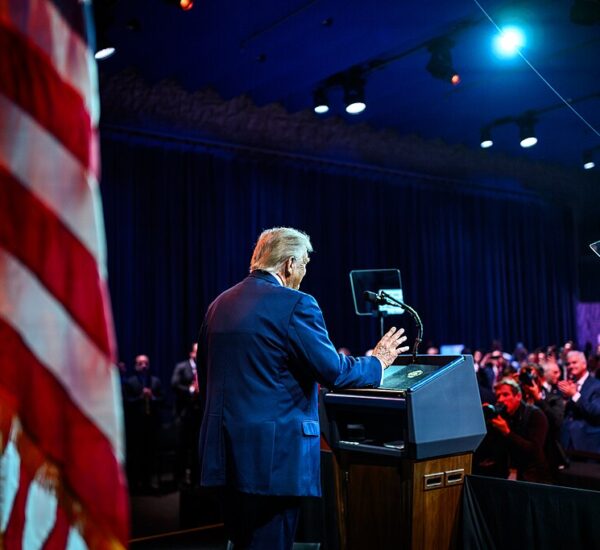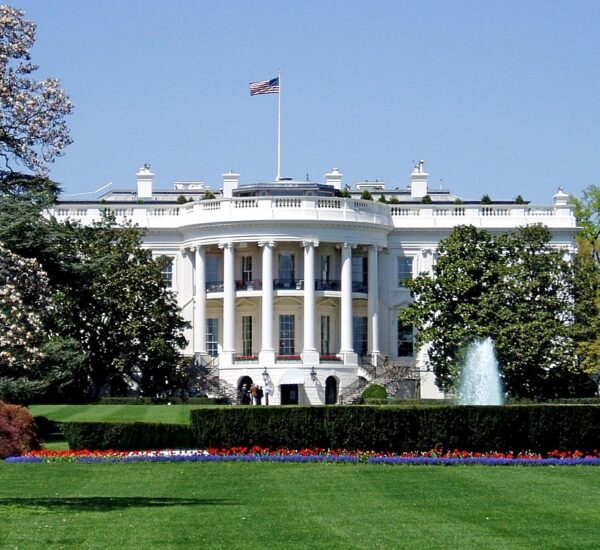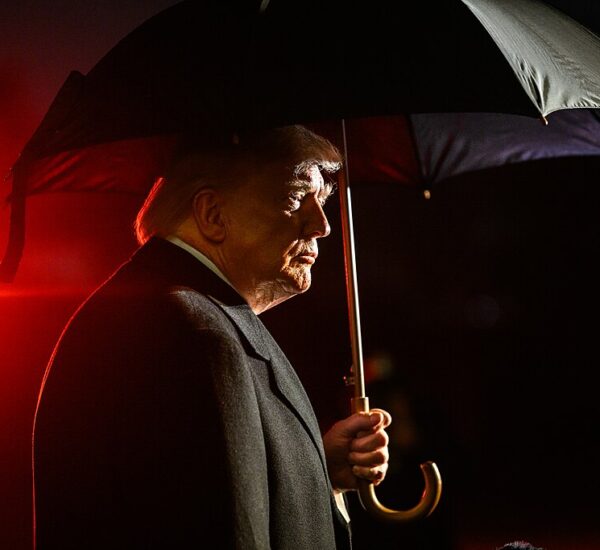Senate To Block Land Purchases For Who?
New Bill Closes Dangerous Loophole That Almost Let the CCP Spy on America’s Air Force
In a serious wake-up call for national security, Senate Republicans are taking bold action to stop foreign adversaries—particularly China’s Communist Party (CCP)—from buying up land next to sensitive U.S. military bases and national laboratories.
In 2022, the Chinese-based Fufeng Group sought to acquire property close to Grand Forks Air Force Base in North Dakota. With established connections to the Chinese Communist Party, the move sparked serious concerns among national security officials and lawmakers.
Shockingly, the Committee on Foreign Investment in the United States (CFIUS) was unable to review the sale. The reason? The Department of Defense hadn’t officially listed the base as a sensitive national security site—allowing a major foreign threat to slip through the cracks.
Fortunately, local officials in Grand Forks blocked the transaction. But the incident exposed a major vulnerability in how the U.S. handles foreign land acquisitions near military and intelligence assets.
“Protect Our Bases Act” Targets Chinese Land Threats
To close this gap, Senate Republicans on the Banking Committee introduced the Protect Our Bases Act this week. The bill is designed to tighten federal oversight on all foreign real estate purchases near U.S. defense infrastructure.
“The Chinese Communist Party is aggressively trying to infiltrate our national defense systems,” said Senator Tim Scott (R-SC). “This bill ensures we are giving CFIUS the tools it needs to defend our homeland from foreign surveillance and espionage.”
The legislation mandates that CFIUS annually updates its list of sensitive sites and submits reports to Congress, increasing transparency and accountability.
Protecting America’s Defense Assets from Foreign Espionage
Senator Mike Crapo (R-ID), a leading voice on defense security, added:
“With key military installations and the Idaho National Laboratory in our state, we must ensure no foreign adversary can purchase land nearby to spy or sabotage.”
This proactive legislation reflects the broader national security concerns many Americans now share—especially after Ukraine’s recent Operation Spiderweb, which used over 100 drones to strike deep inside Russian airbases. Analysts are comparing it to a modern-day Pearl Harbor—and the clear lesson is that our own bases must be hardened against similar drone threats.
China currently leads the world in drone manufacturing and export, making its interest in U.S. land even more alarming.
President Trump’s Vision: Strong Borders and Secure Infrastructure
President Donald Trump has long warned of the risks posed by Chinese land grabs, espionage, and economic infiltration. His America First agenda emphasized defending U.S. sovereignty—not just at the border, but in every corner of our homeland.
The Protect Our Bases Act aligns with that vision—by making sure no foreign power can get within striking distance of our most vital defense installations.






